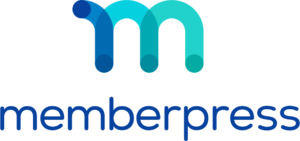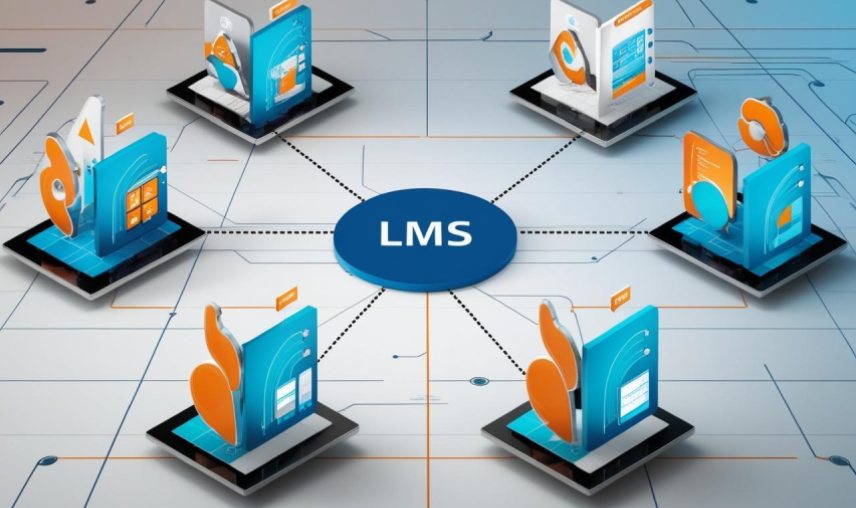Plugins enhance LMS platforms by adding critical functionalities that might not be built-in. Here’s an in-depth look at five plugins, their pros, cons, key features, and alternatives.
![]()
- LearnDash
Features: Drag-and-drop course builder, quizzes, certification, and integrations with WooCommerce and PayPal.
Pros: Customizable and suitable for complex courses.
Cons: Steep learning curve for beginners.
Alternatives: Tutor LMS (user-friendly) or Teachable (all-in-one hosted solution).

- WooCommerce
Features: E-commerce capabilities for selling courses directly from your LMS.
Pros: Scalable and integrates seamlessly with popular LMS tools.
Cons: Requires extensions for advanced LMS needs.
Alternatives: Easy Digital Downloads for smaller setups.

- H5P
Features: Interactive content creation, including quizzes, videos, and flashcards.
Pros: Engages learners with hands-on activities.
Cons: Limited analytics and insights.
Alternatives: Articulate Storyline for richer content creation.

- MemberPress
Features: Membership management, recurring payments, and exclusive content access.
Pros: Perfect for combining LMS and membership sites.
Cons: Pricing can be excessive for smaller businesses.
Alternatives: Restrict Content Pro for budget-conscious users.

- LifterLMS
Features: Course creation, email automation, and built-in payment processing.
Pros: All-in-one LMS plugin ideal for small to medium businesses.
Cons: Limited scalability for large enterprises.
Alternatives: LearnPress for simpler setups.


